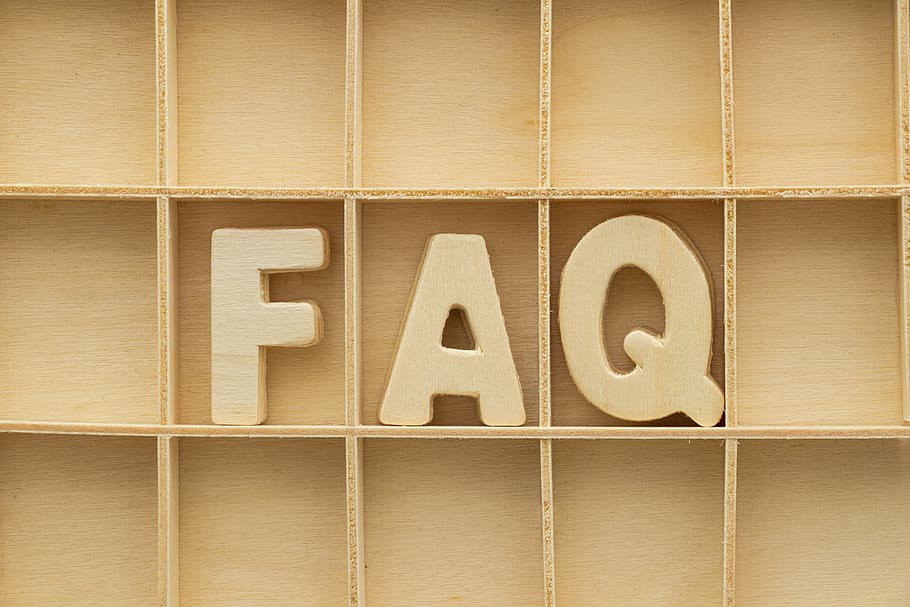How Do I Request A Special Circumstance For Witness Fees?
When a special circumstance is identified, it is the attorney’s responsibility to requestauthorization by completing a Request and Authorization for Fees and Expenses ofWitnesses, Form OBD-47, (see Attachment D). These requests should becoordinated and pre-arranged with the Special Authorization Unit, Department ofJustice, Washington, D.C.
Do witnesses get paid?
Do lawyers have to pay fair compensation to fact witnesses?
Lawyers may pay fair compensation to fact witnesses in their cases, but only for testifying or work related to preparing for their part in the case, according to the Florida Supreme Court.
Can lawyers compensate witnesses to influence testimony?
The court, in a December 28 ruling, also cautioned lawyers they must be careful when compensating witnesses to avoid any perception they are trying to influence witness testimony.
Can you pay a factual witness?
Is an appraiser a fact witness or expert witness?
Fact Witness vs. Expert Witness: What’s the Difference? When a real estate appraiser is called to testify in a court, it could be as one of two types of witnesses. If you are called to testify as an appraiser, it’s important to determine at the time of the request which of the two types you will be: fact witness or expert witness.
What is the difference between a fact witness and an expert witness quizlet?
Which of the following would be considered a fact witness?
What do you call an expert witness?
What is a fact witness under the law?
There is no formal definition of a fact witness. In fact, Black’s Law Dictionary, the definitive authority in legal definitions, does not have a separate entry for this term. However, the Federal Rules of Evidence addresses what a “fact witness” can do in Rule 701: Rule 701. Opinion Testimony by Lay Witnesses
What is an example of a witness?
What is witness?
a person who gives evidence; in court such evidence must be given on oath or by affirmation. See also VULNERABLE WITNESS. WITNESS. One who, being sworn or affirmed, according to law, deposes as to his knowledge of facts in issue between the parties in a cause.
What is the difference between an expert witness and fact witness?
In contrast, expert witnesses are authorized to give their opinion about the case while testifying. They may also assist the court to understand the complex technical knowledge that lies at the heart of their testimony, according to the Psychological Center for Expert Evaluations Inc. blog post “Expert Witness vs. Fact Witness.”
What are the 5050 sample deposition questions for expert witnesses?
50 Sample Deposition Questions for Experts Witnesses 1 You do advertise that, for a price, you are available to testify, correct? 2 You advertise yourself as an expert for hire, is that correct? 3 You promote yourself as an expert witness by using a website? More items…
What are the questions to ask in a deposition?
These standard deposition questions cover the following topics: The witness’s arrest and conviction record. How the witness prepared for the deposition, including what documents the witness reviewed. (If the witness is not a party) what the opposing party’s lawyer told the witness before the deposition.
How do you prepare a witness for a deposition?
Chances are your witness is anxious. As the defending attorney, it’s important for you to prepare them for their deposition so they can be calm, cool and collected. Practical Law provides the following Checklist for a testifying witness to follow: Answer the questions orally (not with a gesture like a nod of the head).
How do you get a witness list in a court case?
Depending on the type of court case, the parties might automatically have to exchange witness lists before trial. In other cases, you will have to request a witness list during discovery. If you have to formally request a witness list, you would usually do this in writing as part of your discovery demands.
What do parties have to disclose about witness lists?
The parties might also have to disclose if they plan to use any witnesses during the trial, both expert witnesses and non-expert witnesses who are often referred to as “lay witnesses” or “fact witnesses.” Depending on the type of court case, the parties might automatically have to exchange witness lists before trial.
What are the 4 types of witness?
Typically the Four Types of witnesses are:
What is a lay witness?
